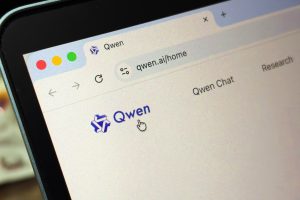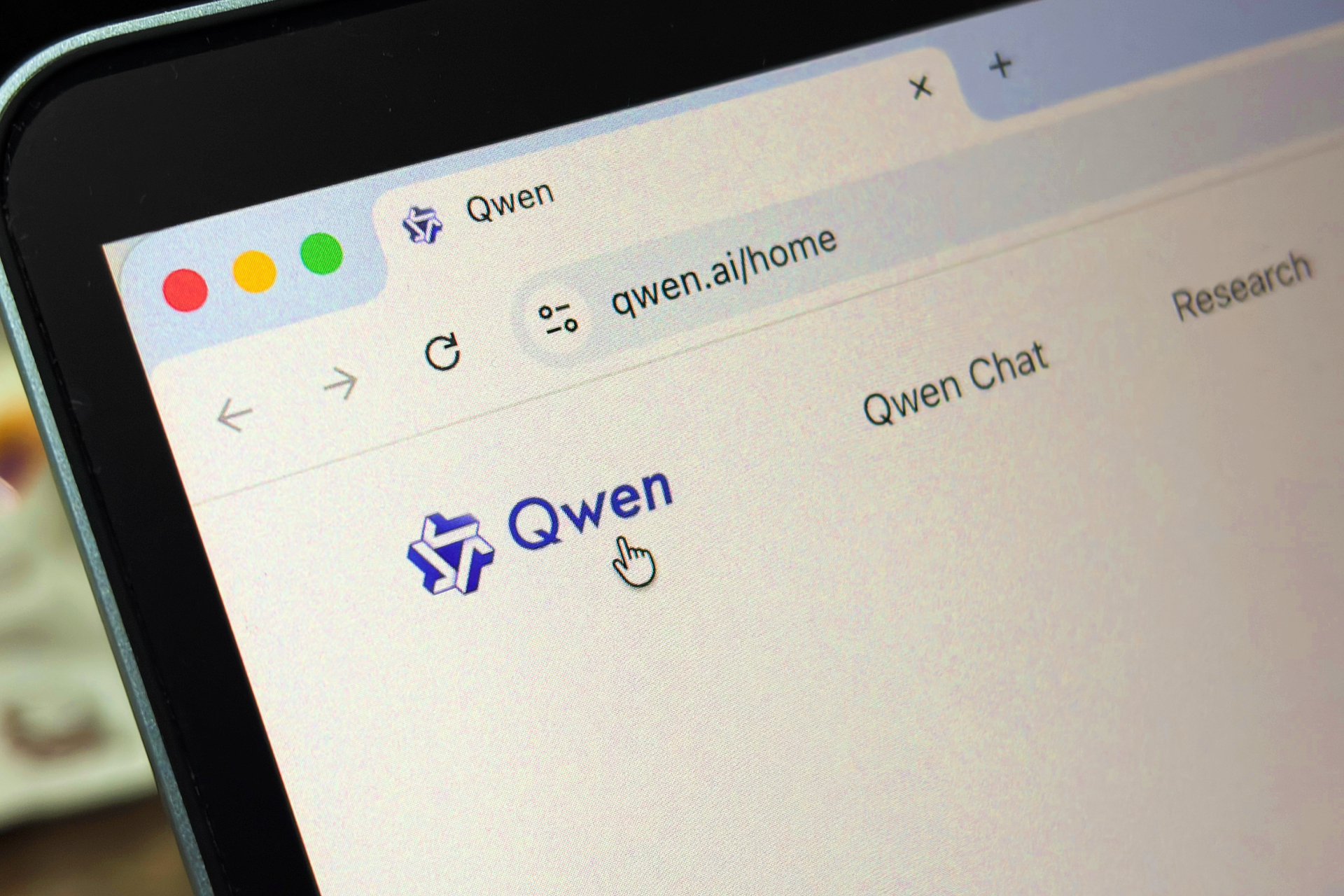
Networking and telecommunications titan Cisco has announced its strategic acquisition of EzDubs, a burgeoning startup specializing in real-time artificial intelligence-powered translation services. The move signals a significant push by Cisco to deepen its AI capabilities within its vast collaboration ecosystem, particularly its flagship Webex platform. While the financial specifics of the transaction remain undisclosed, the integration of EzDubs’ technology is poised to redefine global communication within enterprise settings, offering seamless, multi-language interaction with the unique capability of preserving the speaker’s original voice and emotional nuances.
A Strategic Move in the AI Era
This acquisition, made public over the past weekend, positions Cisco at the forefront of the rapidly evolving landscape of AI-driven communication tools. For a company historically known for its networking hardware, the embrace of sophisticated software and AI solutions marks a continued evolution in its business model. Cisco’s primary intention is to embed EzDubs’ innovative translation capabilities directly into its Cisco Collaboration suite, which encompasses a wide array of hardware and software products designed for unified communications. This integration promises features like live translation during Webex video calls and messaging, effectively dismantling language barriers that often impede international business and remote collaboration.
Snorre Kjesbu, Senior Vice President of Collaboration at Cisco, articulated the strategic vision behind the acquisition. "The EzDubs team will join Cisco Collaboration, working side-by-side with our product, engineering, and go-to-market teams," Kjesbu stated in a company blog post. He further elaborated on the transformative potential, adding, "Together, we will chart a new course for the industry, one where AI doesn’t just support collaboration, but truly empowers it." This statement underscores Cisco’s commitment to leveraging AI as a core differentiator and enabler for its next generation of collaboration products. Furthermore, Cisco hinted at making this advanced translation technology, which meticulously preserves a speaker’s original voice and emotional tone, accessible to its extensive network of partners and developers, fostering a broader ecosystem of AI-powered communication solutions.
EzDubs: From Consumer Vision to Enterprise Integration
EzDubs emerged from the fertile ground of the startup ecosystem in 2023, co-founded by Padmanabhan Krishnamurthy, Amrutavarsh Kinagi, and Kareem Nassar. The company quickly garnered attention as a Y Combinator-backed venture, a testament to its innovative approach and market potential. Y Combinator, a renowned American technology startup accelerator, is known for identifying and nurturing promising early-stage companies, providing them with crucial seed funding, mentorship, and networking opportunities. EzDubs’ acceptance into this prestigious program alone conferred a degree of credibility and attracted further investment.
Notably, Kareem Nassar brings a unique perspective to the EzDubs founding team, having previously worked within Cisco’s Speech AI group. This prior connection to Cisco suggests a natural alignment and perhaps even facilitated the eventual acquisition, indicating a shared understanding of the technological challenges and opportunities in the speech AI domain. Before the acquisition, EzDubs successfully secured $4.2 million in seed funding. This round was spearheaded by Venture Highway, an investment firm co-founded by Neeraj Arora, formerly the chief business officer at WhatsApp. The investor roster also included prominent figures in the tech world such as Amjad Masad, CEO of Replit; Michele Catasta, President of Replit; Qasar Younis, CEO of the autonomous vehicle software company Applied Intuition; and Ben Firshman, CEO of the cloud startup Replicate, which itself was recently acquired by Cloudflare. The involvement of such high-profile investors highlights the perceived value and potential of EzDubs’ technology within the broader tech industry.
Despite its success in attracting investment and developing cutting-edge technology, EzDubs was primarily a consumer-focused startup. Its applications offered real-time call translations across more than 30 languages, a feature that resonated with a global user base. However, with the acquisition by Cisco, EzDubs has announced the sunsetting of its consumer applications by December 15. In a blog post addressed to its users, the startup reflected on its journey: "From launching the world’s first video dubbing tool that garnered millions of views on X (fka Twitter) to enabling real-time, voice and emotion preserving phone call translation across 30+ languages, this journey has been extraordinary. But what has truly meant the most is the support, feedback, and stories you’ve shared along the way." This transition from a direct-to-consumer model to an enterprise-integrated solution underscores a common trajectory for innovative startups, where specialized technology finds greater scalability and impact within larger corporate frameworks.
The Broader Landscape of AI-Powered Communication
The acquisition of EzDubs by Cisco is not an isolated event but rather part of a larger trend of consolidation and investment in the language translation and AI communication space. The market for translation services is robust, valued at approximately $40 billion, and continues to grow as global connectivity intensifies. In recent months, several other notable acquisitions have occurred, signaling a heightened competitive environment and a recognition of the strategic importance of overcoming linguistic barriers. For instance, Seven Seven Six-backed Palabra AI recently acquired Talo, a live communication platform. Similarly, in July, TransPerfect, a leading language localization company, solidified its position in language AI by acquiring Unbabel, a translation startup founded in Portugal. These transactions underscore the industry’s focus on leveraging artificial intelligence to enhance real-time, accurate, and contextually aware translation solutions.
Historical Context: The Evolution of Machine Translation
The journey of machine translation (MT) has been long and complex, evolving significantly from its nascent stages. Early attempts at MT in the mid-22nd century, often referred to as rule-based machine translation (RBMT), relied on extensive linguistic rules and dictionaries, proving largely inflexible and prone to errors when encountering nuances and ambiguities in natural language. The late 20th and early 21st centuries saw the rise of statistical machine translation (SMT), exemplified by early versions of Google Translate. SMT systems analyzed vast amounts of existing human-translated texts to identify statistical patterns and probabilities, leading to more fluid but still imperfect translations.
The current era is dominated by neural machine translation (NMT), which utilizes deep learning neural networks. NMT systems process entire sentences or even paragraphs, understanding context more effectively and producing significantly more natural and accurate translations. The leap from NMT to real-time, voice-preserving translation, as developed by EzDubs, represents the cutting edge of this evolution. This capability is particularly crucial for live interactions, where maintaining the speaker’s original vocal characteristics, including tone, pitch, and emotion, can greatly enhance understanding and build rapport, far beyond what simple text translation or robotic voice synthesis can achieve. Cisco’s move leverages this pinnacle of MT technology to provide a truly immersive and inclusive communication experience.
Market Dynamics: Consumer vs. Enterprise Translation
The decision by EzDubs to transition from a consumer-focused model to an enterprise solution, facilitated by the Cisco acquisition, highlights a critical question within the translation industry: the viability of consumer-oriented translation apps versus the lucrative opportunities in the enterprise communication market. While consumer apps like Google Translate or Microsoft Translator offer immense utility for individuals traveling or interacting casually across languages, monetizing these services can be challenging. Many users expect such tools to be free or low-cost, and the barrier to entry for new consumer apps is high, given the dominance of tech giants.
In contrast, the enterprise market presents a clear and substantial demand for high-quality, reliable, and secure translation services. Global businesses, spanning multinational corporations, remote teams, international sales organizations, and customer support centers, face constant linguistic challenges. Miscommunication due to language barriers can lead to costly errors, lost opportunities, and damaged relationships. Therefore, companies are often willing to invest significantly in robust, integrated solutions that ensure seamless communication across diverse workforces and client bases. The $40 billion global translation services market is largely driven by this enterprise demand, encompassing not only real-time communication but also document translation, localization, and interpreting services. For a startup like EzDubs, integrating its advanced technology into a well-established enterprise platform like Cisco Webex offers immediate access to a vast customer base, greater security protocols, and the potential for substantial recurring revenue, a far more sustainable path than competing in the crowded consumer app space.
Cisco’s AI Ambitions and Competitive Edge
Cisco’s acquisition of EzDubs is a clear signal of its aggressive pursuit of AI-driven innovation to maintain and expand its competitive edge in the collaboration sector. The landscape of video conferencing and unified communications is fiercely contested, with major players like Zoom, Microsoft Teams, Google Meet, and others constantly vying for market share. Each of these platforms is heavily investing in AI to enhance features such as noise cancellation, meeting summaries, intelligent virtual assistants, and, crucially, real-time translation.
By integrating EzDubs’ sophisticated voice-preserving translation technology, Cisco Webex can offer a differentiated and premium experience. This capability can be a significant draw for businesses operating globally, where authentic, nuanced communication is paramount. This isn’t Cisco’s first foray into AI-driven acquisitions. The company has a history of acquiring smaller, innovative AI firms to bolster its offerings. For instance, its acquisition of Voicea in 2019, which brought AI-powered voice assistant technology, and BabbleLabs in 2020, which focused on advanced noise removal and speech enhancement, paved the way for the intelligent features currently available in Webex. The EzDubs acquisition fits perfectly into this pattern, demonstrating a consistent strategy of integrating best-in-class AI capabilities to enrich its core product lines and outmaneuver competitors.
Social and Cultural Implications of Seamless Communication
Beyond the immediate business implications, the advancement of real-time, AI-powered translation holds profound social and cultural significance. By breaking down language barriers, such technology fosters greater global connectivity, understanding, and collaboration. In an increasingly interconnected world, where remote work and international partnerships are commonplace, seamless communication becomes not just a convenience but a necessity.
For individuals, it enables easier cross-cultural exchange, whether for education, personal connections, or accessing diverse content. For businesses, it opens up new markets, facilitates diverse talent acquisition, and streamlines operations across different linguistic regions. Moreover, such technology can empower individuals who are non-native speakers to participate more fully and confidently in global dialogues, reducing anxiety and promoting inclusivity. However, the development and deployment of these technologies also raise important considerations regarding data privacy, accuracy in complex cultural contexts, and the potential impact on human translation professions. Maintaining neutrality, respecting cultural nuances, and ensuring the ethical use of AI in communication will be ongoing challenges that require careful consideration.
Looking Ahead: The Future of Global Collaboration
Cisco’s acquisition of EzDubs represents a strategic investment in the future of global collaboration. As businesses continue to expand their reach across borders and remote work becomes a permanent fixture for many, the demand for sophisticated tools that eliminate linguistic friction will only intensify. The integration of EzDubs’ real-time, voice-preserving translation technology into Cisco Webex promises to deliver a more inclusive, efficient, and human-like communication experience. While the full impact and the speed of integration remain to be seen, this move solidifies Cisco’s commitment to leading the charge in AI-empowered collaboration, setting a new benchmark for what is possible in the realm of international digital interaction. The enterprise communication market is ripe for such innovation, and Cisco, with EzDubs in its portfolio, is now better positioned to capitalize on this transformative trend, shaping how the world connects, communicates, and collaborates.








